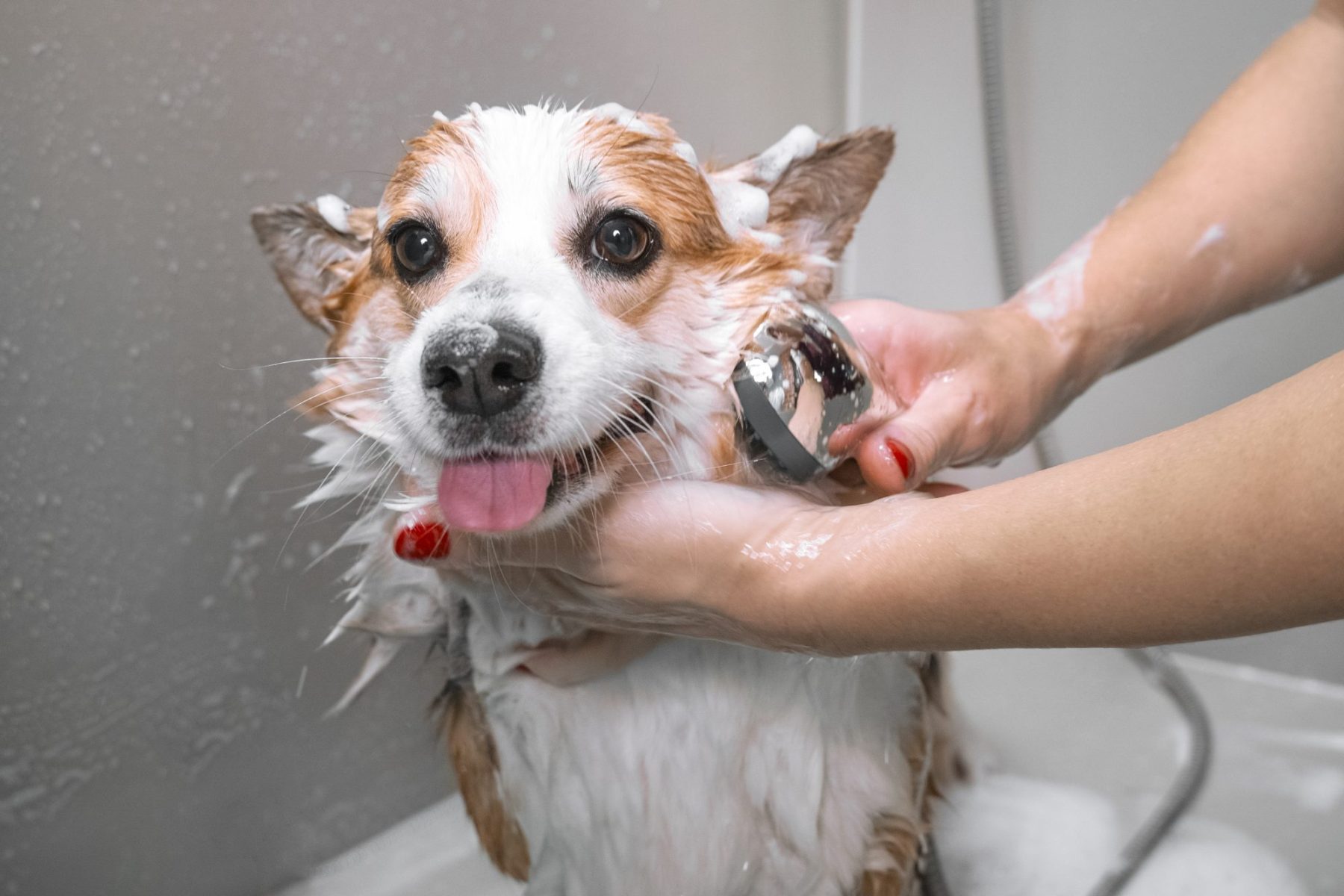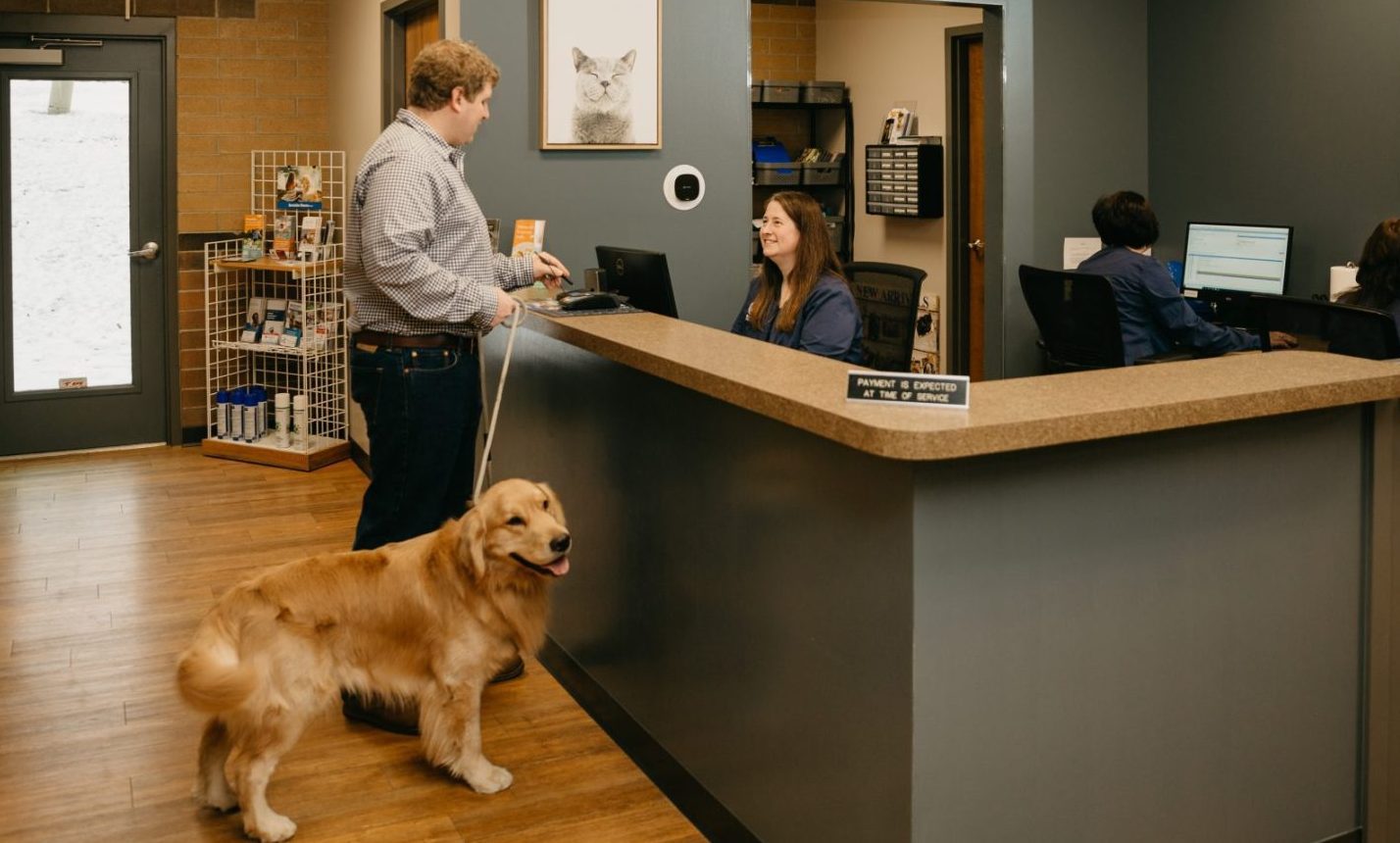Latest Blog
At Blue Lake Animal Hospital, we know that pet surgery is never really something people look forward to. It can be stressful to think about, but the process itself doesn’t have to be overwhelming. In fact, by taking the time to prepare in advance, you may help reduce both your and your pet’s anxiety. With proper planning, you can ensure your furry friend receives the best possible care and recovers smoothly.
Here are steps to consider to help your pet prepare for their procedure:
- Schedule a pre-surgery consultation with your veterinarian
- Manage medications according to veterinary instructions
- Follow fasting guidelines before the procedure
- Understand needs regarding post-surgery care ahead of time
Pre-Surgery Consultation
Before any surgical procedure, schedule a thorough consultation about a week in advance with experienced veterinarians, like the team at Blue Lake Animal Hospital. This consultation serves multiple purposes, from running diagnostic tests to giving procedure explanations.
Essential pre-surgery testing may include:
- Blood work
- Radiographs or ultrasounds if needed
- Heart and lung evaluation
- Review of your pet’s medical history
The veterinary surgeon will also discuss the specific procedure, potential risks, and expected outcomes. This is the perfect time to ask any questions you have about the surgery timeline, anesthesia protocols, and recovery expectations.
Medication Instructions
If your pet takes regular medications, managing them before surgery requires careful coordination.
Potential questions to ask your veterinarian:
- Should I give my pet’s regular medications the morning of surgery?
- Are there any medications that need to be stopped beforehand, and if so, how far in advance?
- Should I bring any medications to the clinic?
Some medications may need to be continued, while others should be temporarily stopped. Your veterinarian will provide clear guidance based on your pet’s specific medications and the planned procedure.
Fasting Guidelines
Fasting prevents dangerous complications during anesthesia. When pets have food or water in their stomachs, they risk aspirating (inhaling) stomach contents, which can be life-threatening.
For this reason, it’s important to keep your pet away from food and water before their surgery. Never guess about the correct fasting requirements, however. Each pet and procedure may have different needs, so always follow your veterinarian’s specific instructions.
Post-Surgery Care
Understanding what to expect for your pet after surgery can help you provide the best care for them beforehand.
Common post-surgery requirements:
- Pain medication administration
- Incision site monitoring
- Activity restrictions
- Follow-up appointments
- Potential dietary modifications
Planning ahead can keep you aware of these needs and help you feel more prepared to handle post-surgery demands.
Planning for Success
Proper preparation can significantly impact your pet’s surgical outcome and recovery. By intentionally following your vet’s guidelines, you’ll give your pet the best chance for a successful procedure and smooth recovery.
At Blue Lake Animal Hospital, our experienced team provides comprehensive pet surgery services with the highest standards of care. We’re committed to supporting you and your pet through every step of the surgical process, from initial consultation through complete recovery.
Wondering if your pet may need surgery? Contact Blue Lake Animal Hospital today to discuss your pet’s specific needs and create a personalized care plan.

Visit Our Online Pharmacy
Managing your pet’s medical needs is easy when you use our online pharmacy. Renew your pet’s prescription and purchase FDA-approved medication right from the comfort of your home. If you have any questions, contact us to speak with a trusted veterinarian.







